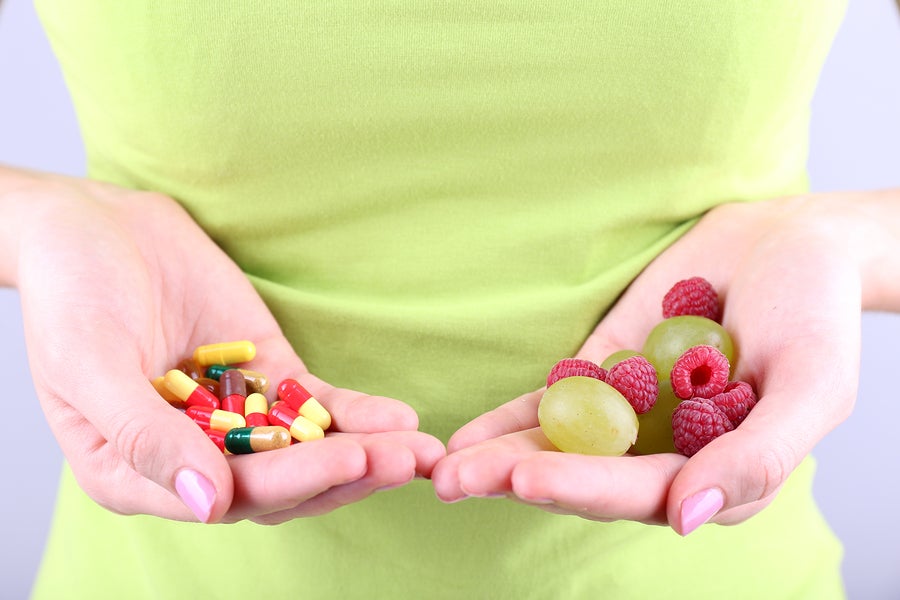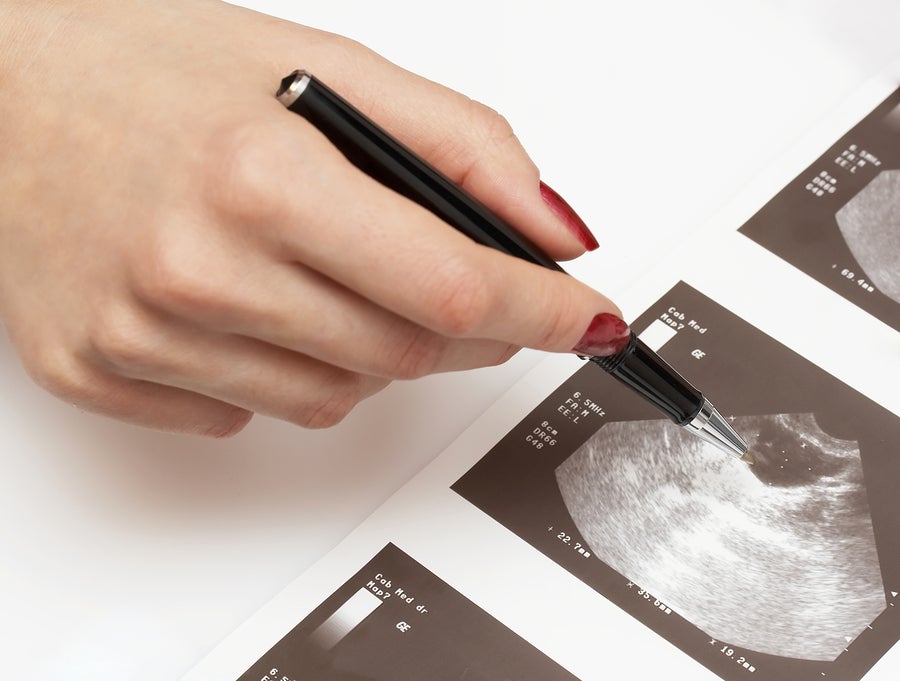How Does Age Affect Fertility?
Uncategorized
Luckily, understanding the aging process can provide some insight into how it affects your fertility and what you can do about it.
Eggs and Aging
Even when she’s just a fetus in her mother’s uterus, the average female has approximately 20 million eggs inside of her.
At birth, those 20 million eggs have already been reduced to two million. By the first menstrual cycle around the age of 12 or 13, the number of eggs has shrunk even more from two million to approximately 400,000. From the age of 13 until the age of approximately 51, which is the average age of menopause in the USA, it seems logical to expect many eggs to still be available for conception, but the truth is every month when one egg is released, there are approximately 1,000 or more eggs that die in that process.
The quality of an egg is directly correlated to the age of the female and the amount of time that the egg has been around.
Peak fertility ages are between the ages of 20 and 27 and many studies have shown that for the average woman a decline of egg quality may begin around the age of 27. Every year that passes beyond that, there is a more and more significant drop in egg quality and also egg number.
Many women feel like a line is drawn in the sand at the age of 35 — and for good reason. Many studies have shown that women 35 years of age or older may have more difficulty getting pregnant or may be at high risk for complications during their pregnancies.

Can the aging process be stopped?
Many women ask if there are steps they can take to stop the aging process.
This is a very complicated question and difficult to answer even from a reproductive endocrinology and infertility specialist like myself. To start, living a healthy lifestyle of course is recommended. All of your doctors will tell you to do everything you can to be healthy including eating a healthy diet, exercising, not smoking or drinking excessively, and of course not using drugs.
However, your fertility doctor may also offer you some additional tips when it comes to your everyday activities. Excessive amounts of exercise and exposure to heat and chemicals of any kind may be toxic to your health and especially affect your eggs. Overweight women who don’t exercise and eat a poor diet may see these habits lead to poorer quality eggs as well.
Having a well-balanced diet and trying to be as healthy as possible with a large amount of antioxidant intake can be very helpful — however, even this will not stop the aging of eggs and a normal decline of pregnancy rates with age.

Are supplements the fountain of fertility youth?
Currently, there are many supplements on the market that claim to help patients have better quality eggs and slow the aging process of the reproductive system.
There are only a couple endorsed by medical literature that I believe have any merit.
Coenzyme Q10 also known as CoQ10 is a strong antioxidant and at doses of 200 mg three times a day has been shown to decrease the oxidative damage (cellular damage) to all eggs that remain within the ovary. Additionally, DHEA, which is a very mild male hormone that converts into estrogen in the female body, has also been shown to help promote growth of the eggs that still remain in the female body when taken at 25 mg orally three times a day.
But keep in mind — none of these medications and supplements will increase or change the total number of eggs.
Other Reproductive Issues Caused by Age
Although egg number and quality are some of the most widely discussed issues when it comes to trying to conceive as you age, they aren’t the only factors at play.
When it comes to sexual desire and comfort during intercourse, the aging process can also affect women by causing vaginal dryness, which can make sex uncomfortable.
Luckily ASTROGLIDE TTC (Trying to Conceive) is a personal lubricant which doesn’t impede the transport of sperm into the uterine cavity, making it a great choice for partners who want to become parents. For these reasons it can be a helpful tool to have on-hand while trying to conceive — especially if you experience vaginal dryness during intercourse caused by age.

Preparing for the Aging Process by Planning Ahead
Despite the effects of aging on the reproductive system, many women simply don’t want to have children at a younger age (or aren’t able to for any number of reasons).
For these women, the best recommendation that I could make is to think ahead and consider the egg freezing process. This can help you later in life if you decide you want to have children but have infertility issues.
It’s important to remember that no matter how much you plan and how healthy a lifestyle you may live, the process of aging will occur for everyone, and having the security of knowing that younger, healthier eggs are frozen and available for the future can be very reassuring.
Have you experienced infertility issues as a result of aging?
Do you take your own steps to mitigate these effects? Feel free to share your experience in a comment!
Images are for illustrative purposes only.
